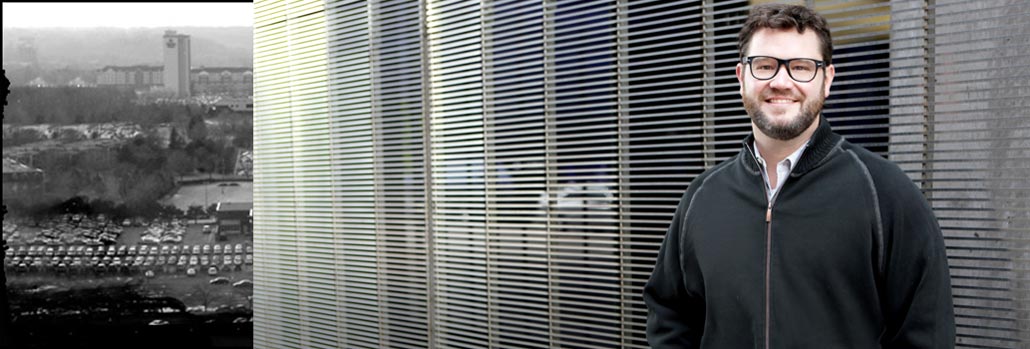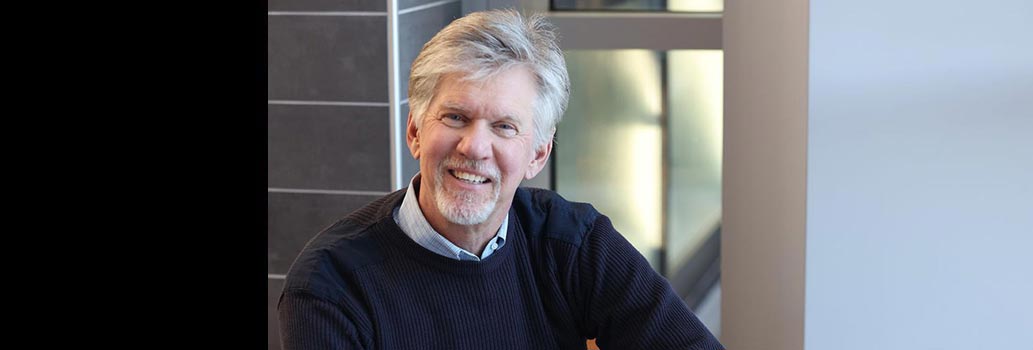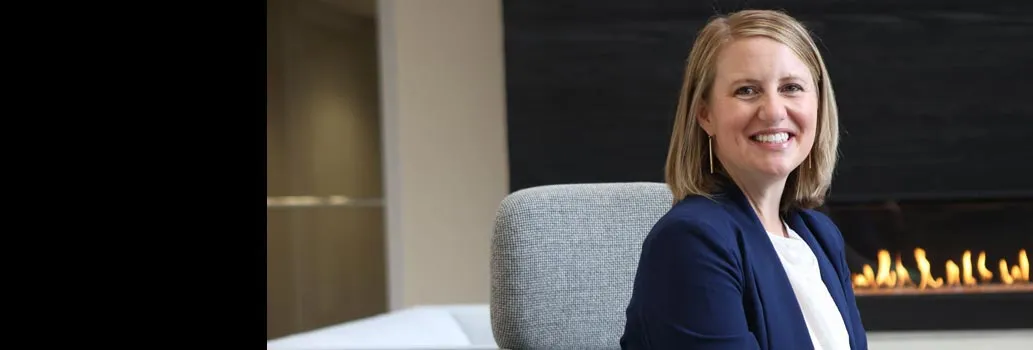Voluntary Intoxication as a Defense
Home – Practice Areas – Blogs - Voluntary Intoxication Defense
There are two categories of intoxication defenses under Minnesota law – voluntary intoxication and involuntary intoxication. This article will discuss the defense of voluntary intoxication. Involuntary intoxication will be covered in the next article.
‘Voluntary intoxication’ simply means that a person decided to drink to the point of intoxication. For example, if a person goes to the Minnesota State Fair and consumes enough alcohol to become intoxicated, that person can be said to be voluntarily intoxicated by its legal definition.
Before discussing voluntary intoxication as a defense, it is important to understand that Minnesota separates all crimes into two categories – specific intent crimes and general intent crimes.
A specific intent crime is one where the prosecutor must prove – beyond a reasonable doubt – that a defendant committed an act and intended to bring about a certain result.
For general intent crimes, the prosecutor is not required to show any intent to bring about a result – only that the person intended to engage in a certain act.
Minnesota Laws on Voluntary Intoxication
Under Minnesota law, a voluntary intoxication defense can only be used for specific intent crimes.
For example, burglary is a specific intent crime that requires the prosecution to prove that the defendant broke into and entered a building with the intent to commit a crime once inside. If the defendant was intoxicated at the time, the prosecutor might be able to show that the defendant may have illegally entered the building but might not be able to prove that defendant had the ability to form the intent to commit a crime once inside. In such a situation, voluntary intoxication may be used as a defense to a charge of burglary, and the state would have to prove beyond a reasonable doubt that the defendant had the requisite intent despite the evidence of voluntary intoxication.
A classic example of a general intent crime is DWI – when a person drives operates or is in physical control of a motor vehicle while intoxicated or impaired by alcohol and/or drugs. The act of driving, operating, or being in physical control of the motor vehicle while being intoxicated or impaired itself is what is prohibited. Accordingly, the prosecutor is not required to prove that the person intended to be intoxicated or impaired by alcohol or drugs while driving, operating or being in physical control of the motor vehicle. If DWI were classified as a specific intent crime, it is unlikely that anyone would ever be prosecuted because nearly 100% of defendants could claim involuntary intoxication as a defense!
The Minnesota Legislature has codified the involuntary intoxication defense at Minn. Stat. § 609.075 which reads:
“An act committed while in a state of voluntary intoxication is not less criminal by reason thereof, but when a particular intent or other state of mind is a necessary element to constitute a particular crime, the fact of intoxication may be taken into consideration in determining such intent or state of mind.”
Minnesota Rules of Criminal Procedure
The Minnesota Rules of Criminal Procedure require that because it is an ‘affirmative defense,’ a voluntary intoxication defense must be disclosed to the prosecutor and the court prior to trial. Once disclosed, there will usually be a pretrial hearing at which the defense must prove intoxication by a preponderance of evidence. After the hearing, the judge will determine whether the defendant has met his burden of proof to present the defense at trial.
If the judge allows the defense to present the defense of voluntary intoxication, an instruction is provided to the jury informing jurors that while intoxication is generally not a defense to a crime, if the defendant proves by the greater weight of the evidence that he was voluntarily intoxicated at the time of the act and an element of the crime requires that the defendant had a particular intent, jurors should consider (1) whether the defendant was intoxicated, and (2) if so, whether the defendant was capable of forming the required intent.
While the burden of establishing intoxication is on the defendant, the state must prove beyond a reasonable doubt that the defendant had the required intent despite the evidence of voluntary intoxication.
Like other affirmative defenses, voluntary intoxication often involves complex issues and remains the exception rather than the rule. As noted earlier, the defense is only available in certain circumstances and is limited to crimes where specific intent must be proven by the state. Jurors may also reject a voluntary intoxication defense if they believe the defendant brought intoxication upon themselves and should suffer the consequences as a result.
If you have been charged with a crime you should explore all possible defenses – including voluntary intoxication. At Halberg Criminal Defense, our team approach puts the firm’s collective knowledge and experience in your corner. Our attorneys are available 24-7 — Call us at 612-DEFENSE (612-333-3673).
















